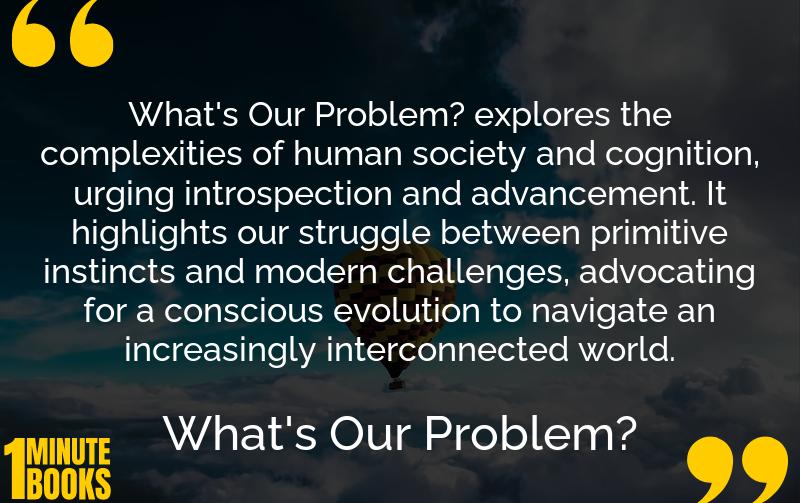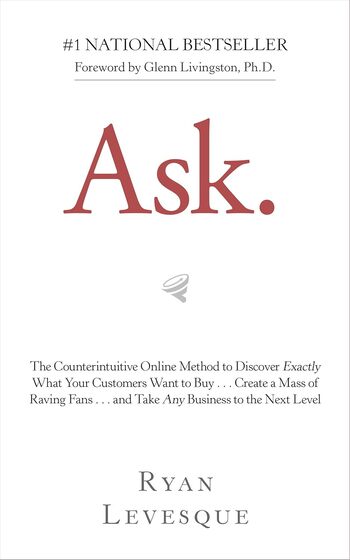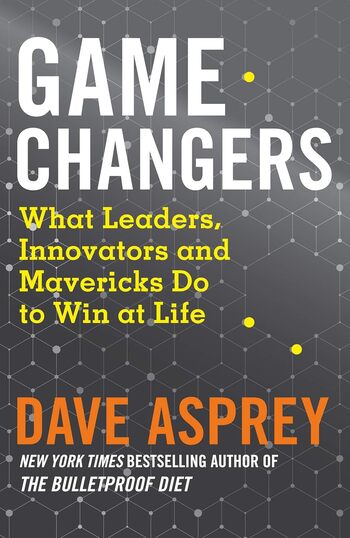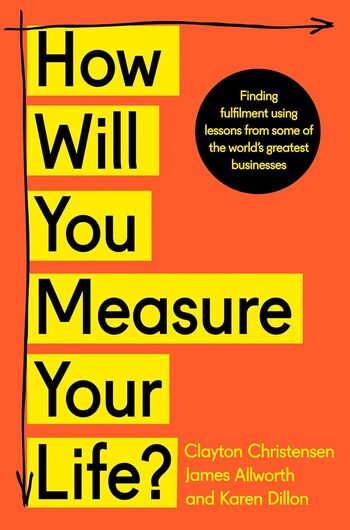
Tim Urban’s ‘What’s Our Problem?’ examines societal progress through the lens of two mindsets: the Primitive mind, driven by emotion, and the higher mind, driven by reason. He contrasts societies that foster open discussion and problem-solving against those that prioritize winning arguments, arguing for a rational, open-minded approach to politics.
Main Lessons
- The human brain has both a Primitive mind, driven by emotion, and a higher mind, driven by reason.
- Society functions best when individuals utilize the higher mind for problem-solving.
- Progress involves interaction at various levels, from zealots to scientists.
- Collective intelligence fosters Genies, solving problems cooperatively.
- Echo chambers can lead to Golems, powerful but destructive societal elements.
- Moving past left-right politics toward rational, collective problem-solving is essential.
- Liberal societies thrive on freedom, speech, and individualism.
- Speech should reflect true thoughts for effective societal problem-solving.
- Norms, laws, and institutions rest on assumptions of freedom and modernity.
- Conflict arises when deeper assumptions of freedom and equality are challenged.
- Social justice fundamentalism complicates discussions on freedom and harm.
- Expanding the concept of harm can undermine freedom and create censorship.
- Illiberal practices, like forced speech, can diverge belief from expression.
- Universities should encourage learning and open-mindedness, undermined by restrictive ideologies.
- Social justice ideals, when extreme, threaten both liberal progress and societal harmony.








